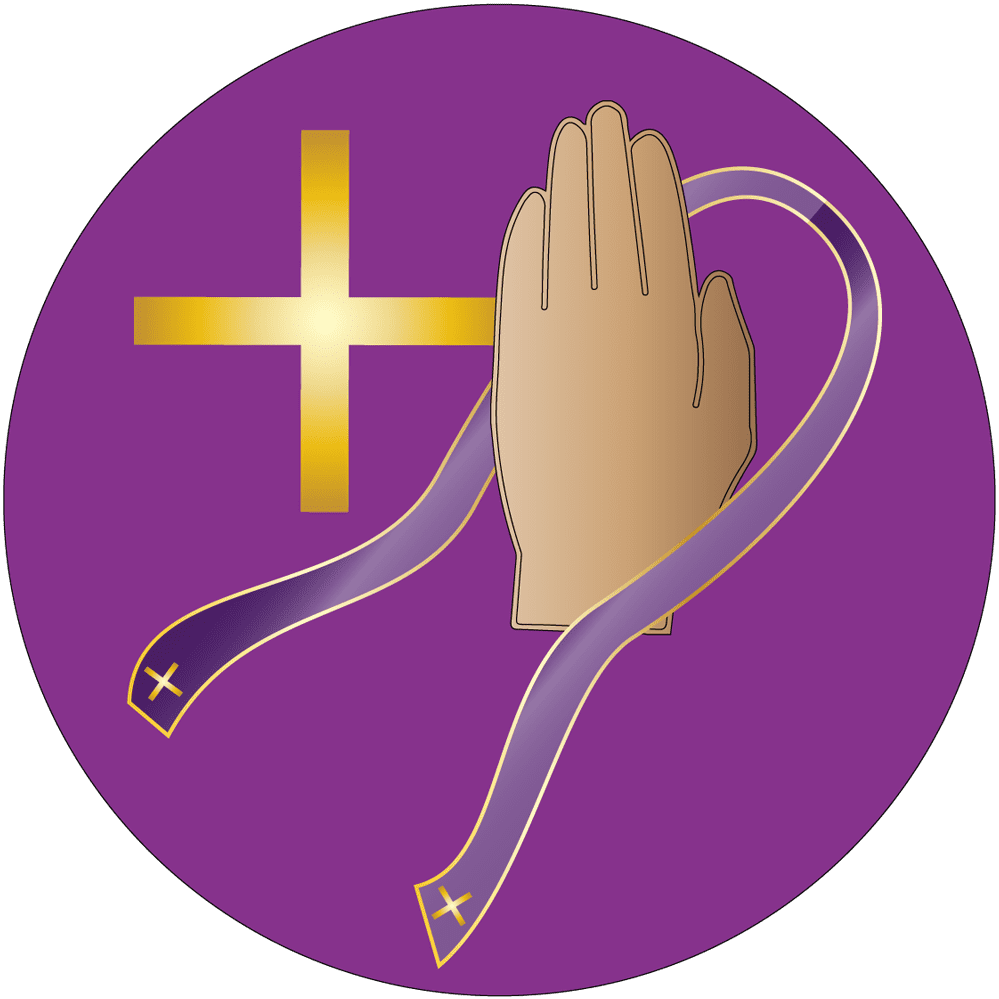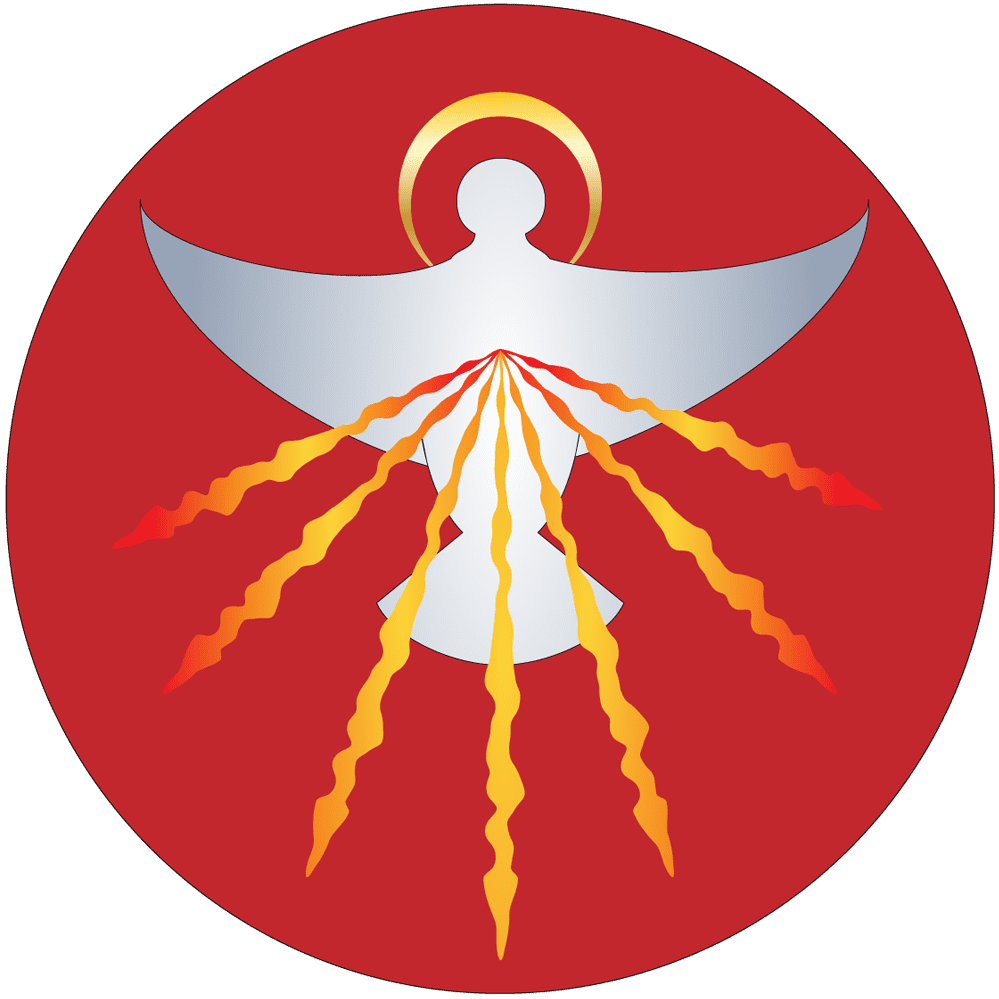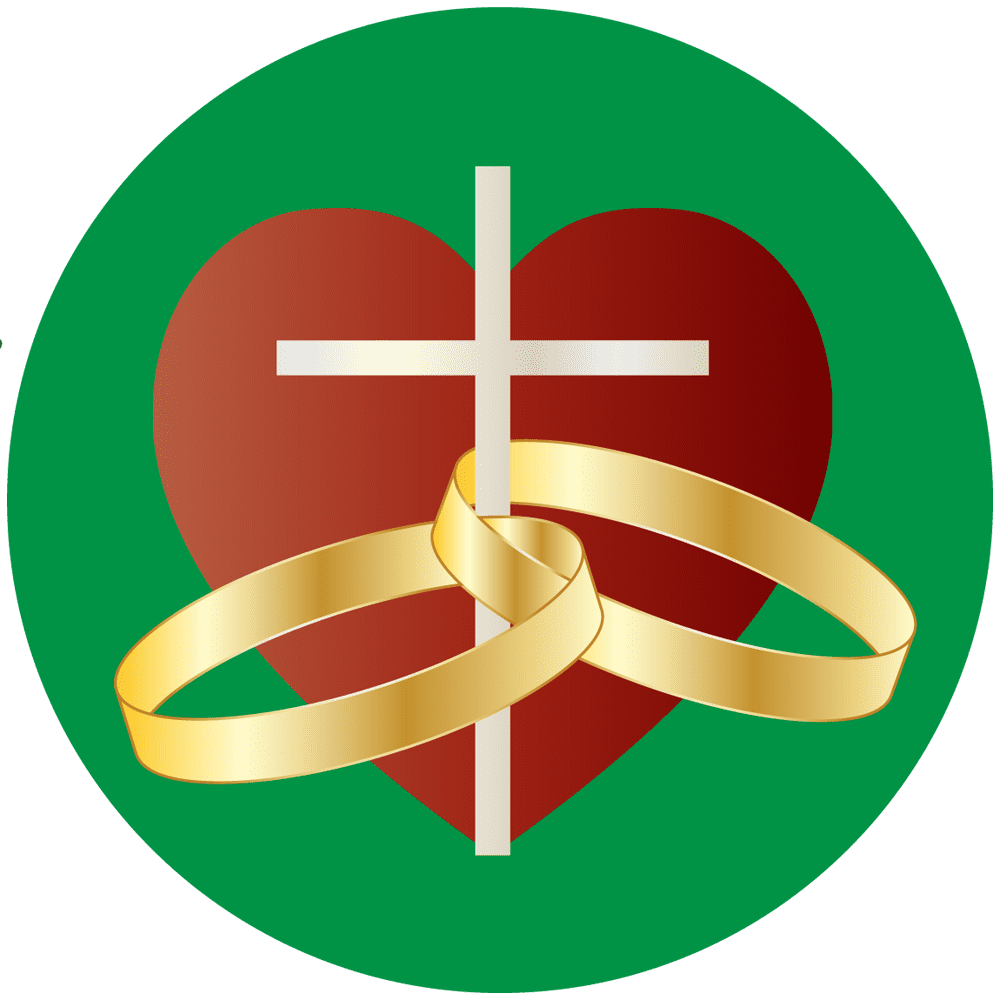Baptism
The essential rite of Baptism in immersing the candidate in water or pouring water over his or her head while invoking the name of the Father and the Son and the Holy Spirit.
- Everyone who is to be baptised is required to make a profession of faith. This is done personally in the case of an adult or by the parents and by the Church in the case of infants.
People normally receive Baptism in the Parish where they live.
Baptism of those who do not live within the Parish boundaries requires permission of the Parish Priest of their place of residence.
Please attend the Baptism Class and present the child to the parish community during a mass at St John the Evangelist, Riverstone.
Baptisms are held on the 2nd & 4th Sunday of the month
Baptism Class – every first Tuesday of the month (Except January) at 7pm in the parish hall.


Penance
Also known as CONFESSION or RECONCILIATION
Since the new life of grace received in Baptism does not abolish the weakness of human nature nor the inclination to sin, Christ instituted this sacrament for the conversion of the baptized who have been separated from him by sin.
The essential elements of this sacrament are two: the acts of the penitent who comes to repentance through the action of the Holy Spirit, and the absolution of the priest who in the name of Christ grants forgiveness and determines the ways of making satisfaction.
Children generally make their First Penance during Year 3 at school, after suitable preparation, at a special Mass in our Parish.
Eucharist
- The Eucharist is the very sacrifice of the Body and Blood of the Lord Jesus which he instituted to perpetuate the sacrifice of the cross throughout the ages until his return in glory. Thus, he entrusted to his Church this memorial of his death and Resurrection. It is a sign of unity, a bond of charity, a paschal banquet, in which Christ is consumed, the mind is filled with grace, and a pledge of future glory is given to us.
- To receive Eucharist one must be fully incorporated into the Catholic Church and be in the state of grace, that is, not conscious of being in mortal sin. Anyone who is conscious of having committed a grave sin must first receive the sacrament of Reconciliation before going to Communion. Also important for those receiving Holy Communion are a spirit of recollection and prayer, observance of the fast prescribed by the Church, and an appropriate disposition of the body (gestures and dress) as a sign of respect for Christ.
Children generally make their First Eucharist during Year 4 at school, after suitable preparation, at a special Mass in our Parish.
First Eucharist is also known as First Holy Communion.


Confirmation
- This Sacrament is called Confirmation because it confirms and strengthens baptismal grace.
- The essential rite of Confirmation is the anointing with Sacred Chrism (oil mixed with balsam and consecrated by the Bishop), which is done by the laying on of the hand of the minister who pronounces the sacramental words proper to the rite.
Confirmation is normally received in the Parish where one lives.
Children generally make their Confirmation in Year 5 at school, after suitable preparation in our Parish.
Weddings
- God who is love and who created man and woman for love has called them to love. By creating man and woman he called them to an intimate communion of life and of love in marriage: “So that they are no longer two, but one flesh” (Matthew 19:6). God said to them in blessing “Be fruitful and multiply” (Genesis 1:28).
- Since Matrimony establishes spouses in a public state of life in the Church, its liturgical celebration is public, taking place in the presence of a priest (or of a witness authorised by the Church) and other witnesses.


Funeral
- In the face of death, the Church confidently proclaims that God has created each person for eternal life and that Jesus, the Son of God, by his death and resurrection has broken the chains of sin and death that bound humanity.
Catholic Funerals express the special character of Christian death in hope of the resurrection. They also manifest the meaning of communion with the departed particularly through prayer for the purification of their souls.
